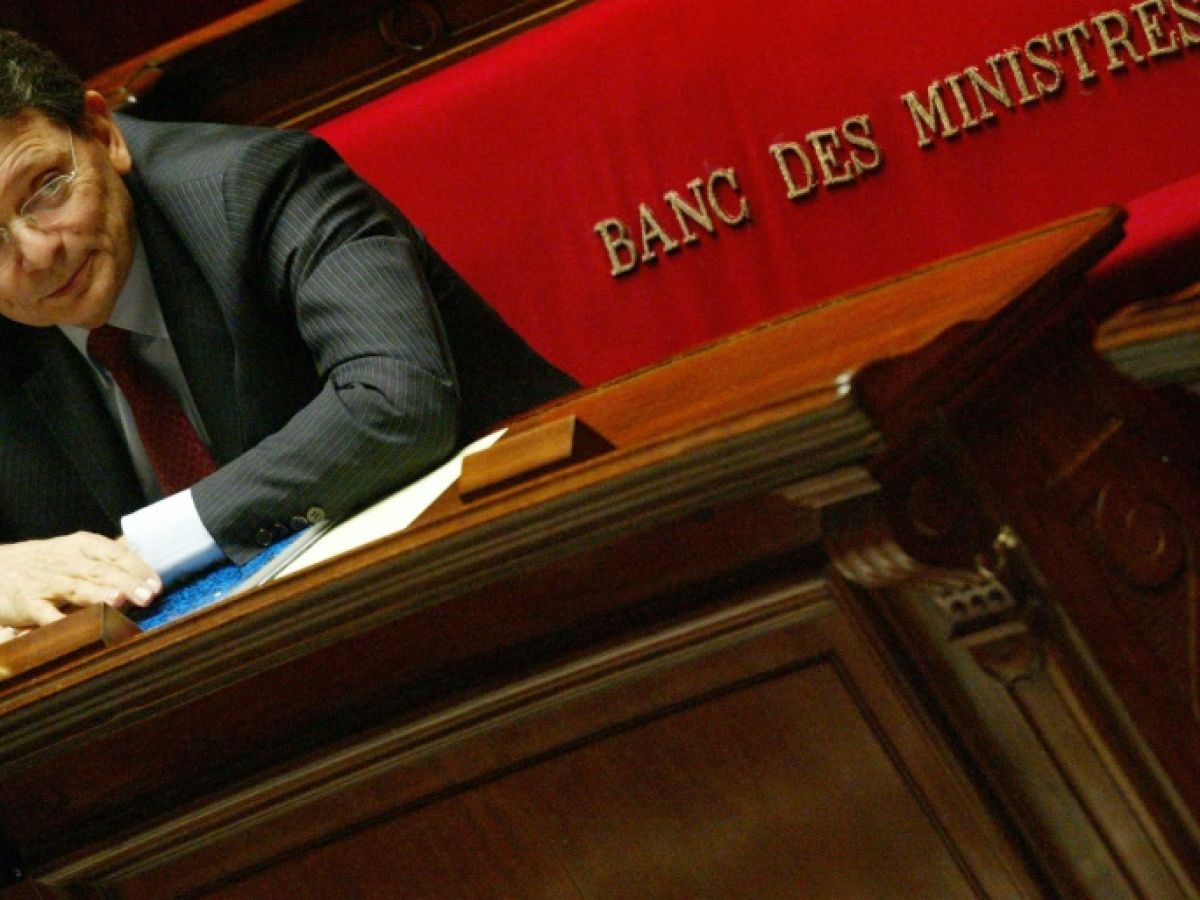In August 2003, at the height of France's deadliest heatwave, Health Minister Jean-François Mattei appeared on the 8 p.m. news in a polo shirt at his vacation home in the Var region. The image caused controversy and was "traumatic" for the politicians who succeeded him.
A light breeze rustles the trees in the background. Jean-François Mattei, wearing short sleeves and an open collar, affirms: "I don't think there was any underestimation at all (...) This heatwave was not predictable." "We have developed an appropriate plan (...) The work is done, and believe me, it is well done," concludes the minister at the end of his live broadcast on TF1. This historic heatwave will ultimately cause 15,000 deaths, turning into a political storm.
"For successive health ministers, it was certainly a kind of trauma," says François Braun, who will serve from 2022 to 2023. "I've had this image of Mattei in my head" since 2003, confides the former minister and emergency physician.
"There was such a gap between the situation we were experiencing on the ground and the remarks that were particularly reassuring," says the man who was then working at the Verdun hospital (Grand Est). "We had patients everywhere, and hearing the minister say that, we didn't understand."
Patrick Pelloux, president of the French Association of Emergency Physicians, who denounced the handling of the incident at the time, also recalls the "catastrophic" situation in hospitals, the "carelessness" and the "casual" attitude of the minister. "You think, this guy doesn't understand that everyone is dying right now."
– “A textbook case” –
"It has become a textbook case of failure to communicate during a crisis," says the emergency doctor.
In early August 2003, heat records were broken. In Toulouse, Bordeaux, Limoges, and Montauban, temperatures exceeded 40°C. It was the hottest summer since the establishment of an observation network in France.
This unprecedented heatwave highlighted dysfunctions in health services. Criticized for failing to grasp the scale of the crisis, Jean-François Mattei was replaced in March 2004 by Philippe Douste-Blazy.
"At the very least, he should have gone to the hospital or a clinic near his vacation spot," criticized a former government advisor. "He's arriving during the last two days of the heatwave. So, it feels like he's been delayed."
"Since the Mattei syndrome, all ministers have been tackling the issue early, even if it means making a big deal out of it. The day before, they're already on the ground," explains this same former tenant of Duquesne Avenue.
Trips are now planned in advance, close to ministers' holiday destinations, so that they can be triggered within 24 hours in the event of a heatwave.
"There's always this idea of being careful, of not being caught off guard," communications manager Emilie Zapalski told AFP.
Prime Minister François Bayrou has also postponed a trip to Chartres scheduled for Tuesday to focus on the heatwave. As for the current Health Minister, Catherine Vautrin, visiting Nantes, she didn't hesitate on Monday to hammer home the essential advice, rattling off a toll-free number and going to great lengths to the point of appearing with a glass of water in her hand, which she gulped down in front of the cameras.
"We feel there is this idea of being present on this subject, so that we cannot blame them," adds Ms. Zapalski.
"It's quite contradictory, that is to say, it's good to have a big communication rally, but it would be better if we had the means to take care of people in emergency rooms," the communications officer denounces, while deploring the budget cuts demanded from hospitals.
75,000 hospital beds closed between 2003 and 2021, according to an annual report from Drees.
"We learn to deal with it in terms of communication, but outside of a crisis, we don't learn to deal with the underlying problem," regrets Emilie Zapalski.


